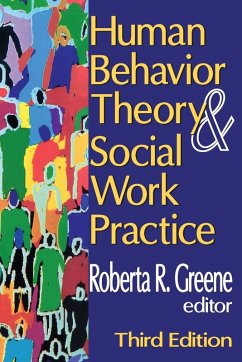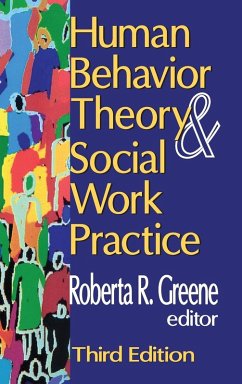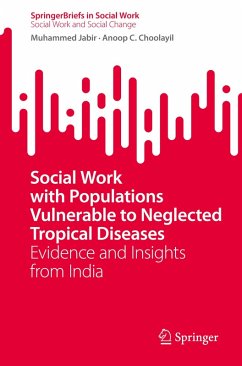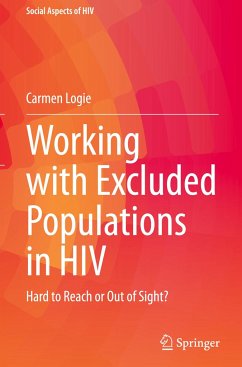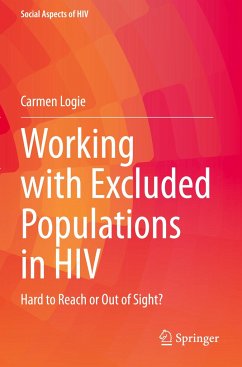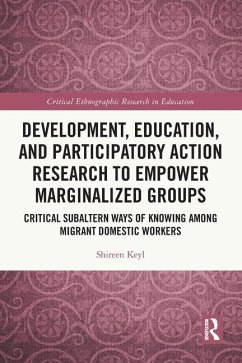
Human Behavior Theory and Social Work Practice with Marginalized Oppressed Populations
Versandkostenfrei!
Versandfertig in 1-2 Wochen
54,99 €
inkl. MwSt.
Weitere Ausgaben:

PAYBACK Punkte
27 °P sammeln!
Human Behavior Theory and Social Work Practice with Marginalized Oppressed Populations addresses what social workers can do to combat the increasingly complex social concerns that face the profession.








